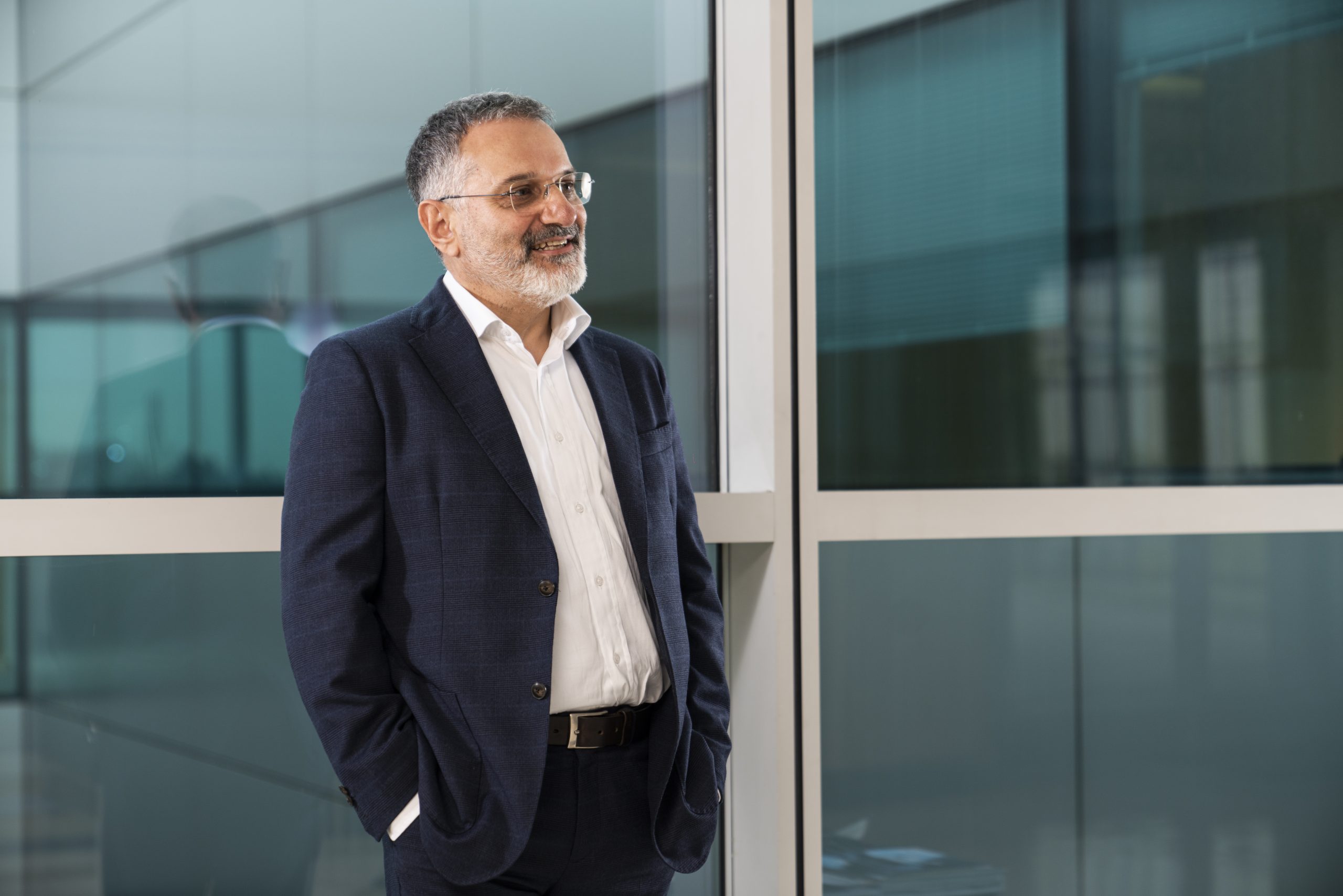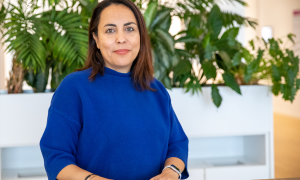World-famous for its coffee machines and with a history stretching back to 1974, Italian appliance manufacturer De’ Longhi is well established in its field. We spoke to De’ Longhi Group’s Chief Strategy and Control Officer Marco Cenci to discuss how market leadership can be sustained.
Established in 1974 in Treviso in the northeast of Italy, De’ Longhi began as a small industrial workshop, making heaters and air conditioning units. It became a very popular brand in Italy before diversifying in the late 20th century into household appliances. It was in this field that its international reputation was built. Now as a global player – especially characterised by its world leadership in the espresso machine segment – De’ Longhi Group employs nearly 10,000 people, pulls in over $3.2 billion in annual revenue, and sells its products in more than 120 countries.
Current Chief Strategy and Control Officer Marco Cenci joined De’ Longhi Group in 2007, following two decades of work in the domestic appliances sector. Previous jobs included managerial roles at Indesit and a function as a chief financial officer in a subsidiary at Merloni Elettrodomestici.
In 2016, after an internal organisational redesign, Marco took up his present role, working on the improvement of the controlling system within all the group companies and leading a department of more than 25 people working in Treviso, plus the local financial controllers in dotted-line reporting.
Although De’ Longhi is known globally for its coffee machines, thanks to its leadership in the household espresso coffee makers sector, the company offers a diverse product list. Alongside coffee, De’ Longhi Group also produces a variety of other kitchen appliances, while maintaining a presence in the air conditioning and heating market which they have held since their early days. Other well-known appliance brands such as Kenwood, Braun (using the brand only in kitchen and home care space), and Nutribullet have joined the Group during the years.
“Now I lead the strategy team,” Marco explains. “Really thinking about teamwork and how all of us can combine in the most optimal way. I also head up the controlling and investor relations departments. So, it’s quite a varied and stimulating role.”
The business strategy team convenes to update short, medium, and long-term plans on a regular basis. This sort of fine-tuning and attention to detail has allowed De’ Longhi to enjoy one of its most successful periods to date. The last few years have witnessed spectacular results.
“Yes, even now as we look to the future, coffee is our most important driver of growth, if you want to call it that,” Marco says. “But we continue to be focused on the food preparation products as well, in which the Group is one of the global leading players and where in the last few years we have experienced a very strong performance there too.”
From an international outlook, the market penetration for espresso coffee machines is quite low and there is room to further expand the familiarity of the espresso made at home. Marco says, “if talk about fully automatic coffee machines, market penetration is lower than 14% worldwide on annual units sold. Obviously, that gives us a huge opportunity in terms of expansion.”
“Food preparation is a much more mature market,” comments Marco, “many consumers have already some food preparation devices at home, so this is why we must be more selective, maintaining our premium positioning in the sector and strengthening our global presence.”
Over the last two decades, the West has experienced what is widely referred to as the coffee boom. Interest in distinct types of coffee and higher quality coffees has exploded. While much of this has centred on high streets and the proliferation of coffee shops and cafes, that momentum is now transferring increasingly to the home market. Consumers, who develop a taste for superior quality coffee when out shopping, will naturally be more inclined to make it at home. This broad consumer trend has helped to fuel De’ Longhi’s international growth.
Of course, recent world events have also played a part, despite the coffee trend was already in place before Covid-19. While the coronavirus pandemic wreaked havoc in multiple economic sectors, if anything, it accelerated the home-coffee boom. Those working from home or facing closures of their local cafes due to lockdowns became even more eager to have a quality coffee experience at home. Sales of all forms of coffee machines soared throughout 2020 and 2021. As a result, De’ Longhi Group’s revenues for 2020 rose 11.9% in 2019, with revenues across its Europe and Asia Pacific Americas businesses up double-digit. This impressive performance accelerated into last year, where the Group achieved preliminary consolidated sales in 2021 of approximately 3,217 million euros, with a significant acceleration over 2020 of +37% (including the newly acquired companies) and a remarkable 24% at the constant perimeter.
We are clearly present on a global scale, and we are global leaders in the espresso coffee machine segment.
“Now we intend to expand further in Asia and in the USA. We already had some successes there, but we want to continue our growth, especially in those markets.”
Innovation is central to these plans and the Group has reinforced in the last years its commitment to new developments. The company spent more than 50 million euros on research and development in 2020. Particularly notable are the new semi-automatic “Specialista” range of machines, which bridge the gap between budget and high-end markets in the pump subsector.
“Specialista is a very beautiful product,” Marco says proudly. “Because the feeling that you have, using that machine, is really the feeling that the barista has in his work. In that sense, the customer can be the barista in their own kitchen, so it’s a matter of having both a great coffee and an amazing experience at home.”
The Group can count on five manufacturing plants located in Italy, Romania (two), and China (two), as well as a plant in Joint Venture in China. This operational setup has been helping the group in facing this complex scenario in the production and distribution areas. Parallel to the company’s emphasis on product development, lies the importance De’ Longhi places on longstanding and stable relationships with its key suppliers. As with any manufacturer, dependant on reliable sources of materials, this is an essential part of their operations.
“We don’t like to use the term supplier,” Marco says. “We call them partners and we work very closely with them. Last year, to give you an example, we rented a big space in a hotel in China and invited more than three hundred representatives of our partners in Asia to a conference (obviously everything was organized in compliance with Covid-19 prescriptions). This kind of personal contact and dialogue is especially important to us. Of course, we are selective with who we partner with, also through a regular assessment on the basis of social and environmental criteria. It is important to share our vision in order to start a mutual journey.”
All of this combines to make De’ Longhi Group the hugely successful and progressive entity it is today. With multiple awards for its designs secured around the world, there appears little to stand in the way of further growth. At the heart of the company’s ethos, lies a truth.
“People love their coffee,” Marco explains. “Coffee is often part of a daily ritual, a deeply personal moment. At De’ Longhi, we know this, and we are strongly committed to enable our customers to live special moments.”
Click here to read & download the full article.







